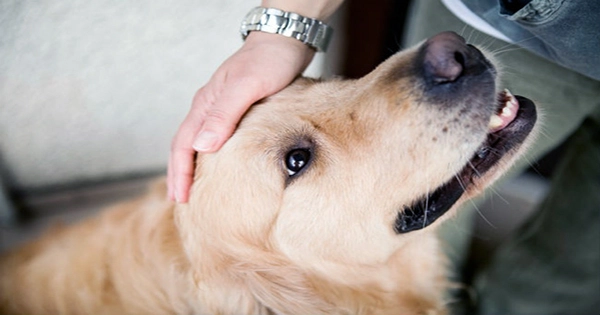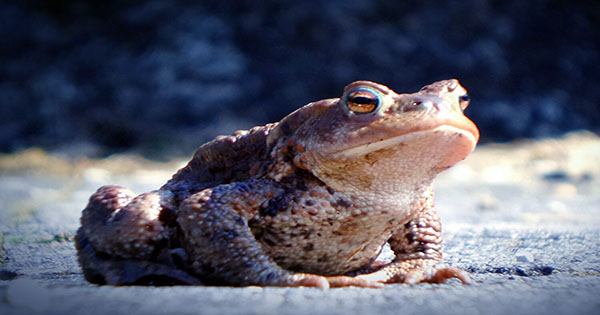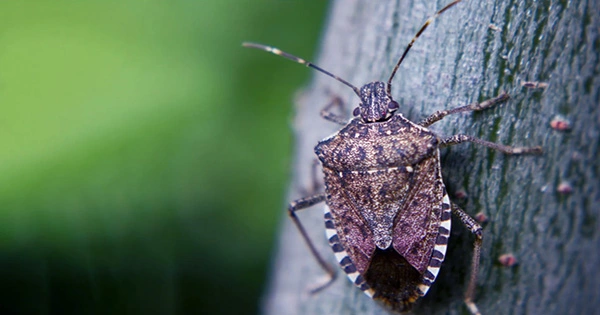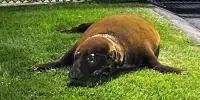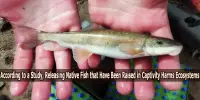Every now and again, someone adopts what they believe to be a dog only to discover that it is not. In one extremely severe example, a Chinese family purchased what they thought was a Tibetan mastiff puppy. After years of feeding a “dog” that ate “a box of fruits and two buckets of noodles every day,” the “dog” began walking on two legs, raising suspicions that it was a bear. A family in Massachusetts rescued what they believed was an attractive dog, but was actually an adorable coyote, in a similar, albeit less risky, journey of discovery.
According to the Cape Wildlife Center, the family noticed the Eastern Coyote pup roaming about and disturbed on the side of a busy road. The family mistook the coyote for a stray dog and brought it home before realizing their error and requesting help from the wildlife center. “We were able to confirm there was no possible exposure risk to rabies with the support of the Massachusetts Department of Public Health, and were able to clear him for treatment and provide authorization to rehab by Mass Wildlife,” the team posted on Facebook.
“He is currently healing in one of our isolation units, but he will not be alone for long! They will be exposed soon after a foster sibling arrives from [the Wildlife Clinic of Rhode Island].” The two coyote pups will be immunized and nurtured together in a big open area to allow them to develop natural habits.
The Wildlife Clinic of Rhode Island clarified on Instagram that “wild newborns are ALWAYS raised with their own kind (never alone) to ensure they identify and bond with members of their own species and not their human caretakers.” “We hope that this young female will be reared with other coyote pups who will eventually become her new coyote family when she is released.”
Though it has worked out beautifully for all of the coyote pups and rabies-free humans involved, it might have easily turned out to be far more hazardous. “In [Massachusetts], coyotes are classified as a Rabies vector species and are vulnerable to getting the virus, which is fatal to all animals, including humans,” Cape Wildlife posted on Facebook. “We would have been required to euthanize the pup and test for rabies if the finders had been bitten, scratched, or had prolonged contact. We appreciate everyone who takes time out of their day to assist creatures in distress, but we always advise people to contact the proper resources before participating, as this may help keep everyone safe!”
